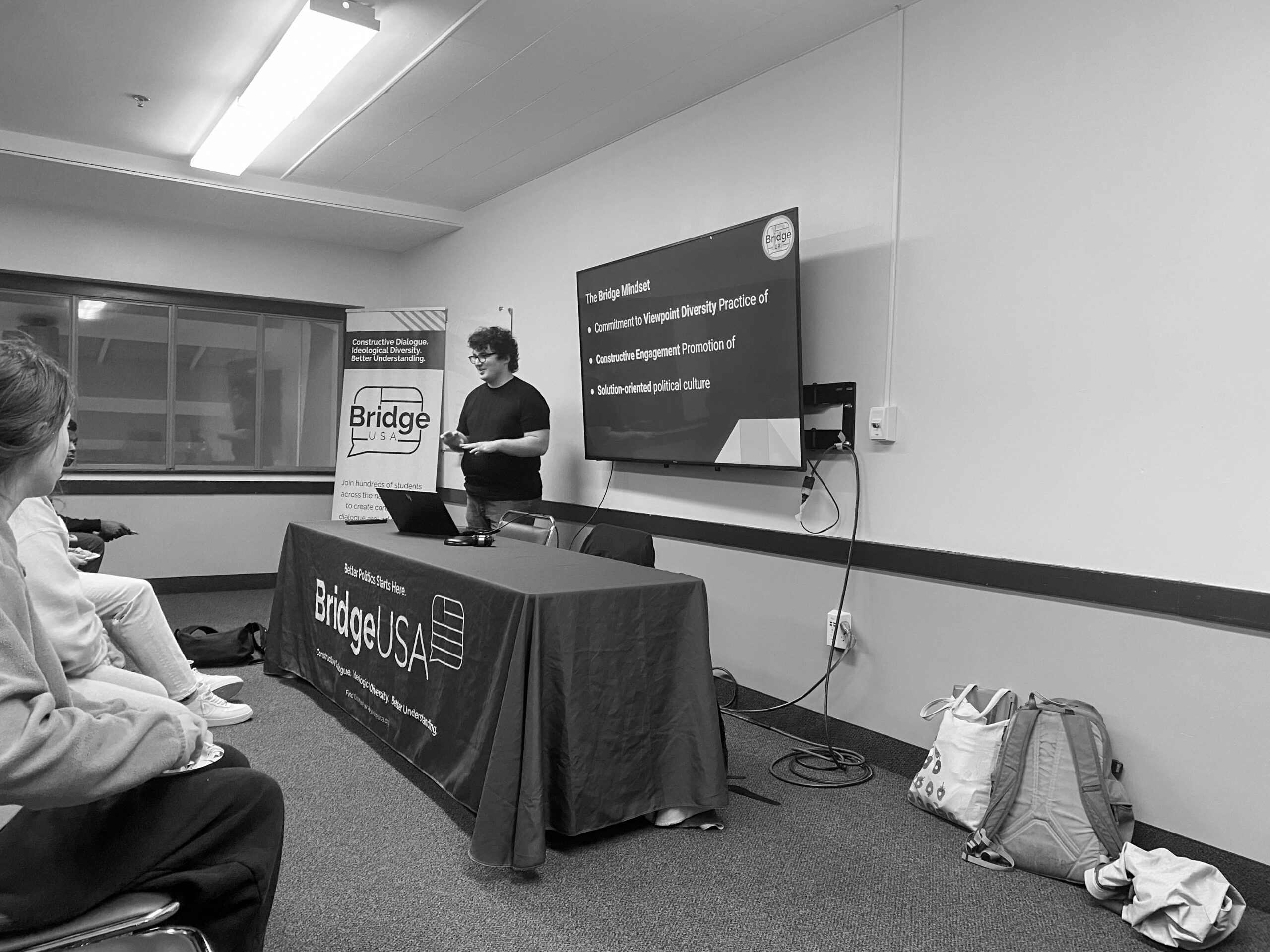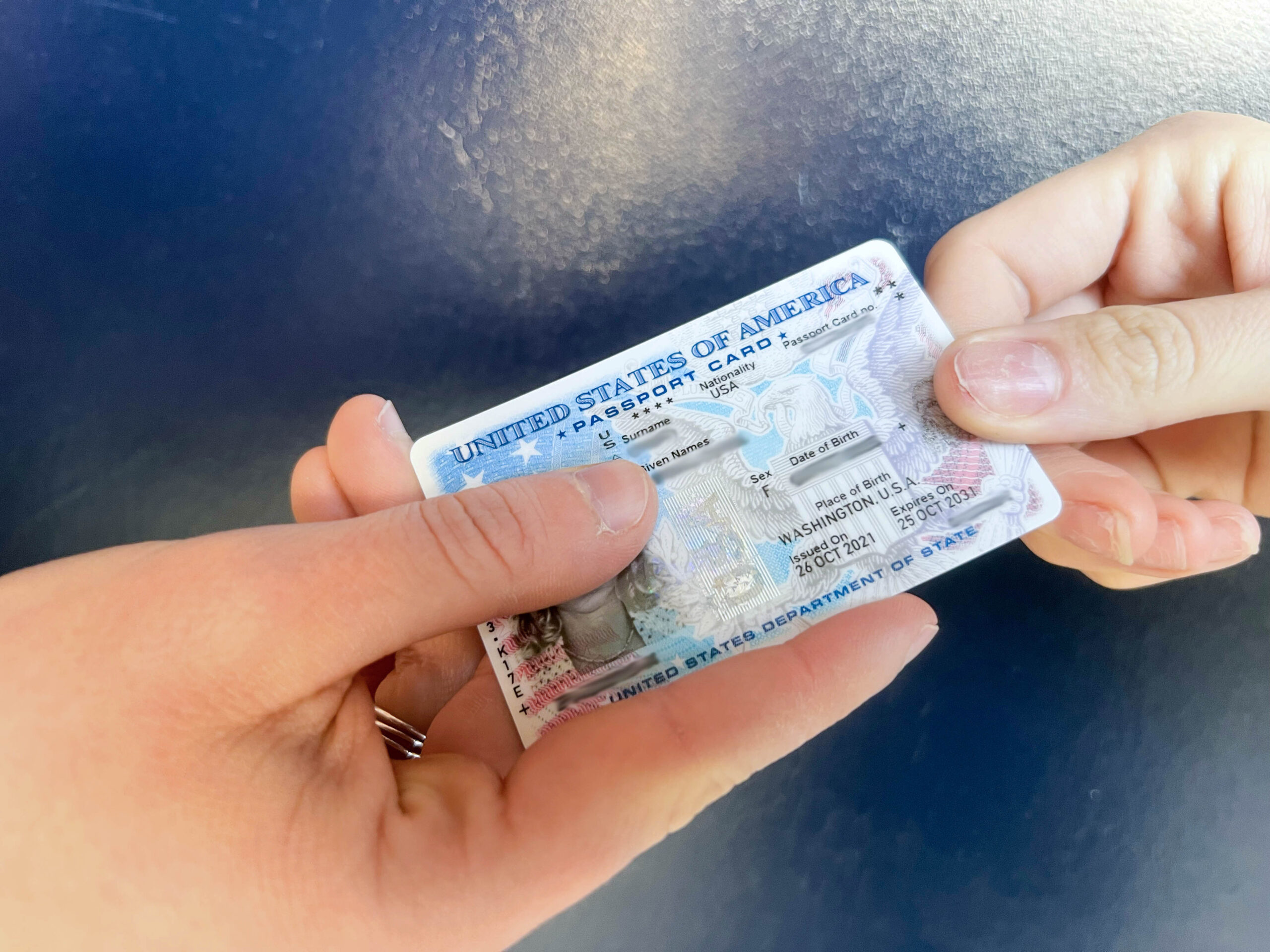The University of Rhode Island Student Senate failed to pass bills amending bylaw and constitutional changes on eight new advocacy seats.
With a 22-10 vote by secret ballot, the bill amending the bylaw and constitutional changes for advocacy seats didn’t meet the three-quarters majority requirement for a bill to pass, as stated in the student senate bylaws.
These were originally stated as constituency seats but have been renamed to advocacy seats, according to College of Engineering Rep. Cole Rinne.
This was due to a change in the election process for students running for a ROTC, first generation student, international student or transfer student seat, according to Rinne. Students do not need to be part of the community to hold these seats.
To run as an advocate for the other four advocacy seats – sorority, fraternity, student athlete and club sport – students do need to be involved with the organization, according to Rinne.
The bill failed to pass after multiple members of the senate objected to the bill during open discussion.
Most of these complaints stemmed around whether or not the additional seats would stand as a “band-aid” on the larger problem of underrepresentation.
Creating seats for specific organizations limits the power minority voices have, according to Vice President Sanah Feroz.
“When we talk about diversity it’s about where we can fill the gaps that are short,” Feroz said. “How are we deciding which perspectives have more at the table?”
The bill, “seems like a temporary fix to deeper issues,” Committee Chair Elaine Sorto-Justiniano said.
A bill amending the student senate constitution passed.
Feroz and student senate President Argha Goswami who are unable to vote on bills due to their position, expressed disappointment in the senate’s will to pass the constitution without any conversation.
The changes made were disproportionate for the executive branch, according to Goswami. The senate’s disregard for changes in checks and balances between what the executive branch can do now due to the altered constitution is disrespectful.
Goswami and Feroz will end their positions when the new senate is sworn in next semester.
“I lost 60% of my powers, and I know I won’t be in this position after a week, but it’s just extremely disrespectful,” Goswami said.
The senate has agreed that there will be a revote on this bill next week.
Seven recipients for multicultural organization of the month awards for the 2024-2025 academic year were recognized.
These organizations included the Society of the Dominican Alliance of URI, Hispanic Professional Engineers, Native American Student Organization, URI’s Theta Epsilon chapter, African Student organization, Latinx Student Organization and the Multicultural Unity Student Involvement Council.
The senate met with URI Provost Barbra Wolfe to discuss how administration is overseeing strategic planning priorities to strengthen communities and the sense of inclusion at URI.
“I would say that the executive orders have kept our team pretty busy lately in terms of staying on top of how the [executive orders] impact our community,” Wolfe said. “Certainly, we look at how it impacts but importantly, we look at what the human impact in terms of the emotions and the tool that some of these areas are getting.”
Wolfe is working with the Office of International Students and Scholars to help accommodate students.
“We really highly encourage questions or concerns, to go to the international office or for [students] to call the international office, because it’s very specific,” Wolfe said. “There’s a lot of different pieces that come into that decision making process, so they are available with fabulous resources.”
A bill calling for the certification of the 2025-2026 student senate student elections was also passed.
Swearing in for next year’s student senators will take place at the next student senate meeting, on Wednesday at 6:30 p.m. in Memorial Union Room 300.



